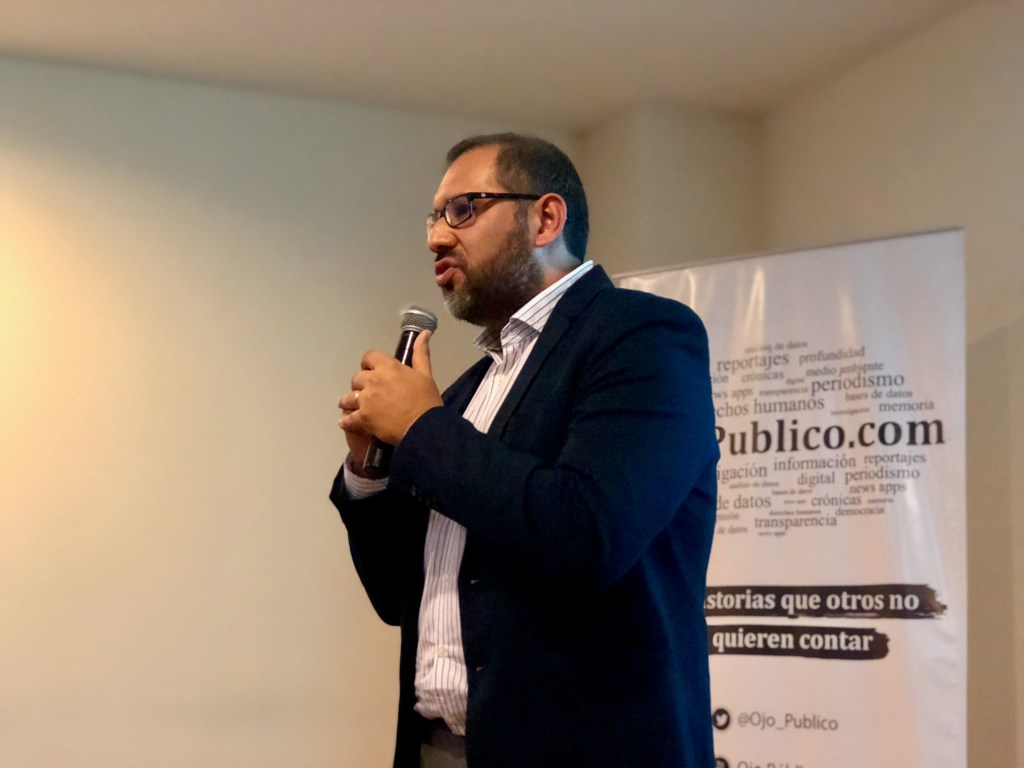Bogotá, May 5, 2021 – Peruvian authorities should cease their attempts to seize documents from Ojo Público, and should respect the right of the press to have confidential sources, the Committee to Protect Journalists said today.
On April 5, Peruvian public prosecutor Yovana Mori García sent 13 petitions to Ojo Público, an independent investigative news website, demanding the outlet turn over documents relating to money laundering investigations into real estate, mining, timber, and agro-industrial companies as well as a former presidential candidate, according to news reports, copies of some of those petitions reviewed by CPJ, and Ojo Público editor Óscar Castilla, who spoke to CPJ via messaging app.
The outlet had exposed that alleged money laundering in its 2016-17 reporting based on the Panama Papers, leaked documents from a Panamanian law firm, which prompted authorities’ investigations into those companies and the candidate.
“It is troubling that Peruvian authorities would try to use an ongoing investigation to pressure Ojo Público into turning over confidential documents that it simply does not have,” said CPJ Central and South America Program Coordinator Natalie Southwick, in New York. “Prosecutors are demonstrating a fundamental misunderstanding of investigative journalism practices, and should stop threatening legal action against an outlet that has done nothing wrong.”
Ojo Público was among the more than 100 news organizations around the world that contributed to the Pulitzer Prize-winning 2016 Panama Papers investigation, which was overseen by the Washington-based International Consortium of Investigative Journalists (ICIJ).
Mori’s petitions ordered Ojo Público to turn over the relevant documents by April 23, and warned that she would seek a court order to access them if the outlet did not comply, a measure that could include the seizure of its computers and laptops.
Castilla said that Ojo Público responded to Mori in an April 23 letter stating that that it did not possess those documents, because they were part of a database controlled and administered by ICIJ, and that her demand for the materials was therefore “infeasible.”
“They are asking for something that does not belong to us,” Castilla said. He told CPJ yesterday that the attorney general’s office had not responded to Ojo Público‘s April 23 letter.
He added that Ojo Público and the other news organizations that contributed to the Panama Papers investigation signed confidentiality agreements not to reveal their sources.
CPJ emailed the Peruvian attorney general’s office, and sent texts via messaging app seeking comment, but did not receive any replies.
